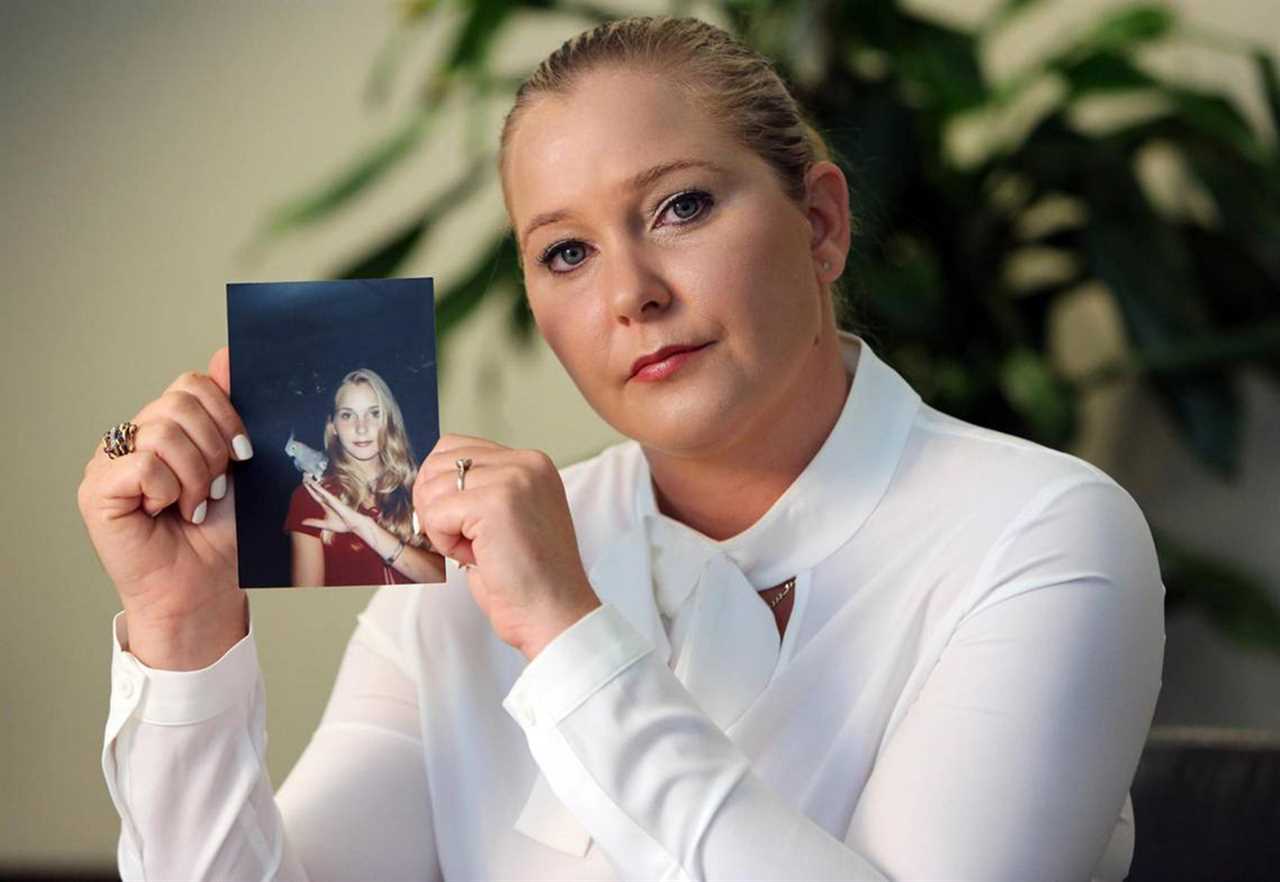
Virginia Giuffre's tragic death by suicide at the age of 41, as confirmed by her family, marks a somber moment in the ongoing saga surrounding her experiences of sexual abuse and exploitation. A key figure in the case against Jeffrey Epstein and Prince Andrew, Giuffre's untimely passing in Western Australia underscores the profound impact of trauma and the complexities of seeking justice in cases of abuse.
The wider impact of trauma
Giuffre's life story encapsulates the enduring struggles faced by survivors of sexual abuse and trafficking, illuminating the intersecting webs of power and vulnerability that shape individual experiences. Her courage in speaking out against powerful figures resonated with many, shedding light on systemic issues that perpetuate harm and exploitation.
Challenges in seeking accountability
Giuffre's legal battles, including the high-profile lawsuit against Prince Andrew, exemplify the arduous journey survivors often navigate in pursuit of justice. The complexities of legal systems, compounded by societal attitudes towards victims of abuse, create formidable barriers for those seeking accountability and redress.
The role of institutions and privilege
The involvement of prominent figures like Prince Andrew and Jeffrey Epstein raises broader questions about the complicity of institutions and the privileges that shield individuals from consequences. Giuffre's pursuit of truth and justice confronted entrenched power dynamics, exposing the ways in which wealth and status can influence outcomes in cases of abuse.

As we reflect on Virginia Giuffre's legacy, we are reminded of the urgent need to address the root causes of sexual violence and exploitation in our society. Her story serves as a poignant reminder of the collective responsibility we bear in creating a world where survivors are heard, believed, and supported in their quest for justice.






